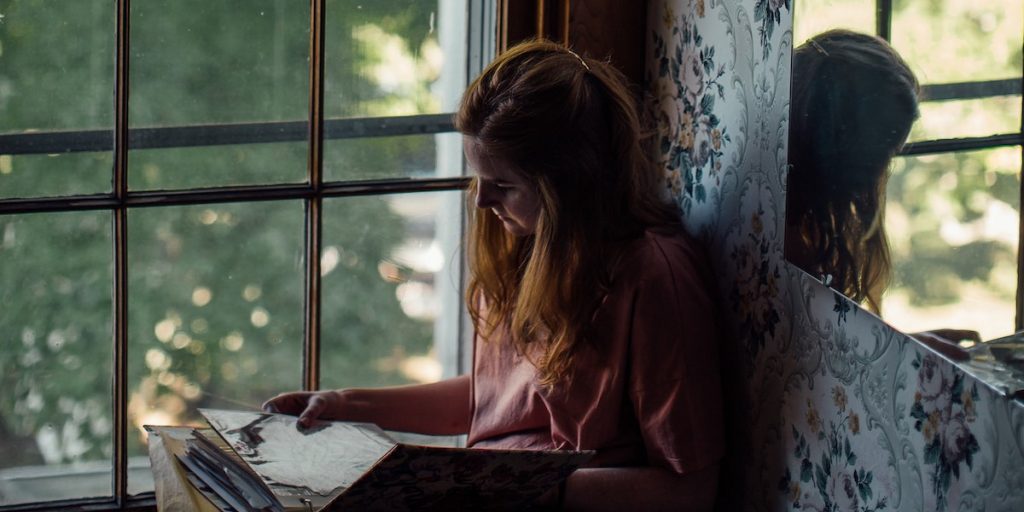‘In a divorce, who gets the child?’ is at the forefront of most parents minds when starting or going through divorce proceedings. Similarly, a child may have concerns that centre around where they will end up living, with which parent they will live with, and if they will get to see the other parent.
Is it always the parents?
Divorcing when you have children can be a stressful time for both parents and children alike. You’ll hear the terms “child custody” and “access” used a lot, which can sound intimidating and often scary. Simplified, these official terms essentially mean “who will look after the child’s well-being” and “who will visit the child”.
Child custody is a process whereby parents or guardians agree on how the child will be cared for and who will be the primary decision maker in the child’s life. Parents are entitled to make this decision between them, should they be on amicable grounds to discuss and communicate effectively.
If this is the case, first and foremost both parents need to consider what the best interests are for the child. According to the Section 37 Family Law Act, both parents (and the courts) need to consider the following points:
- the child’s health and emotional well-being;
- the child’s views, unless it would be inappropriate to consider them;
- the nature and strength of the relationships between the child and significant persons in the child’s life;
- the history of the child’s care;
- the child’s need for stability, given the child’s age and stage of development;
- the ability of each person who is a guardian or seeks guardianship of the child, or who has or seeks parental responsibilities, parenting time or contact with the child, to exercise his or her responsibilities;
- the impact of any family violence on the child’s safety, security or well-being, whether the family violence is directed toward the child or another family member;
- whether the actions of a person responsible for family violence indicate that the person may be impaired in his or her ability to care for the child and meet the child’s needs;</>
- the appropriateness of an arrangement that would require the child’s guardians to cooperate on issues affecting the child, including whether requiring cooperation would increase any risks to the safety, security or well-being of the child or other family members;
- any civil or criminal proceeding relevant to the child’s safety, security or well-being
When parents are able to talk about who gets the child in a divorce, without needing to take the situation to court, they are free to negotiate however they please. For example, parents could agree that the child spends a 50/50 split of equal time with both parents, or the child spends weekends with one parent and weekdays with the other.
It’s important to remember that reaching an agreement between parents can save the decision of your child’s future being decided by a judge. If parents are unable to communicate and find an agreement between them, a family lawyer may help to guide conversations and advise on legal obligations.
When a court decides who gets the child
Should parents be unable to reach an agreement about who gets the child after a divorce, they will need to take their case to a court. This isn’t uncommon in Canada – the CRA reports that 48% of custody cases involve a court order.
When a court order is issued, a judge will listen to each parent and make a legal decision based upon the cases put forward to them. Legally, a judge has to take into account the points listed above when they are considering who gets custody of the child after a divorce.
The decision made by a judge will also take into consideration the plans that each parent has in place for the child, for example, is there adequate living space for them, and the location of the parents home in relation to the child’s school, friends, and other family members.
It’s important to remember that whatever the judge says is final, regardless if one or more parents disagree. This is why we recommend hiring a family lawyer as a mediator to help with making arrangements between the parents.
What about neither parent?
If the biological parents of a child are deemed unfit to be parents in a court of law, the child may go to a grandparent, close family friend, or another relative. This is a rare circumstance as courts generally look to keep children with their biological parents as much as possible. However, situations like this can and do occur.
If you’re trying to figure out ‘in a divorce who gets the child?’, Dreyer and Associates Family Law firm can help. Tell us what you need assistance with and we’ll be in touch.





